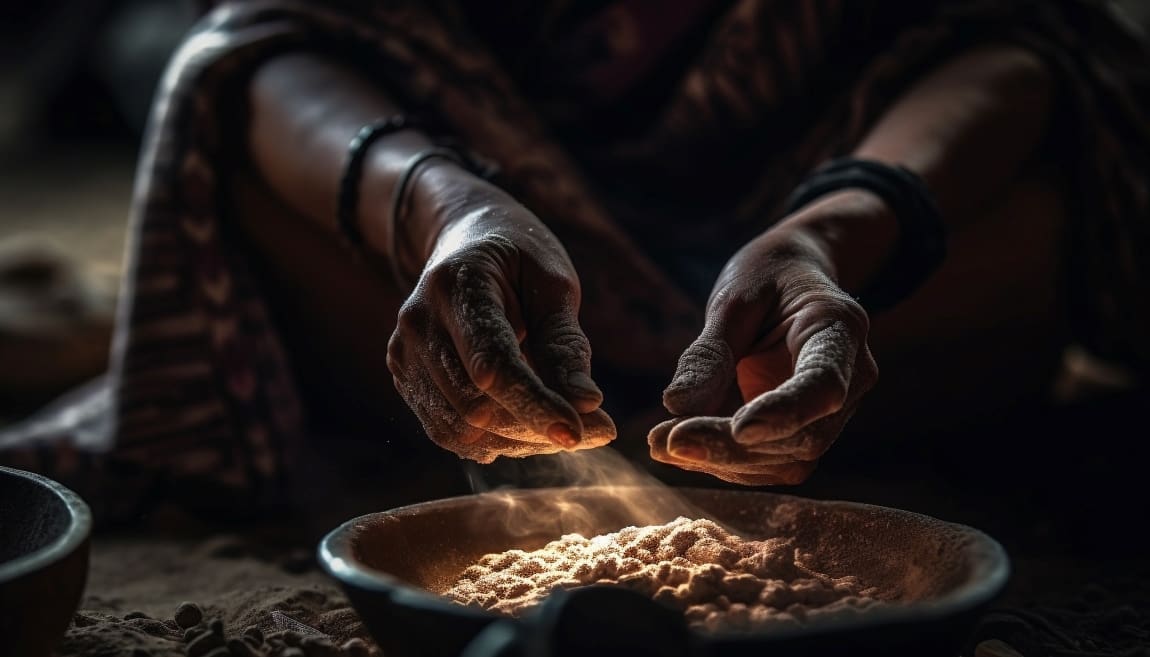Paris, France (AFP)– The International Energy Agency announced on Tuesday that $2.2 billion had been pledged by governments and companies to improve access to less deadly and polluting cooking methods in Africa.
More than two billion people cook on basic stoves or over open fires and exposure to this smoke is a leading cause of early death around the world.
These cooking methods also harm the planet, with carbon-absorbing forests stripped for firewood and emissions from burning these dirty fuels a major contributor to global warming.
Only around one-third of the money needed to drive the global switch to cleaner cooking methods like LPG or electric stoves is raised every year, according to the IEA.
At a world-first summit, representatives from 60 nations and leaders from business and development sectors pledged $2.2 billion to help African households combat the scourge.
“This summit has delivered an emphatic commitment to an issue that has been ignored by too many people, for too long,” said IEA executive director Fatih Birol, whose agency co-hosted the Paris gathering with the African Development Bank.
“We still have a long way to go,” he added.
A little over half of the money pledged came from the private sector, with around 30 percent in the form of favourable loans from public funds and the rest in carbon credits.
It is still modest: the IEA says around $8 billion is needed annually to address the problem, half of that in Africa, but only around $2.5 billion is raised worldwide.
Progress has been made in Asia but in sub-Saharan Africa, four out of five households still reply on highly polluting cooking fuels like wood, charcoal, coal, animal dung and agricultural waste.
Burning these pollute indoor and outdoor air with fine particles that penetrate the lungs and cause respiratory and cardiovascular problems, including cancer and strokes.
The threat is particularly acute for women and children, who are also prevented from accessing education or earning a wage as they spend hours looking for fuel.
Switching to clean cooking methods would save 1.5 billion tonnes of CO2 a year by 2030 — roughly the amount emitted by ships and planes last year, according to the IEA.
“Successfully advancing the clean cooking agenda in Africa would contribute towards protecting the environment, climate, health, and ensuring gender equality,” said Tanzanian President Samia Suluhu Hassan, who attended the summit.
Birol said the IEA would “rigorously track the commitments announced today to make sure they’re met on time and in full”.
np-cho/yad
© Agence France-Presse
(Featured image by vecstock – Freepik.com)




